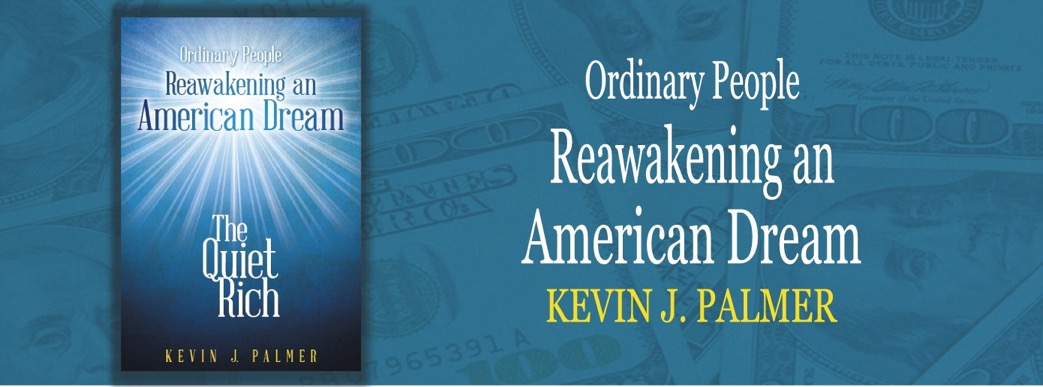
In this chapter, two friends who had not seen each other in years joined a wildlife rescue team to determine security of bald eagle fledglings in a vast natural recreation area. After the work was complete they went camping as a reward. What happened that evening in the rugged wilderness taught as much about nature, as it did about strength, precision and determination, in a man named Peter Churchfield. Who made a fortune while all those around him were losing theirs. Continuing the conversation from last time…
As everything unraveled, I spent many hours on the phone with Peter, talking about fear. Unsure what to do, Peter was distressed. In his career, he’d been brave when facing a straightforward attack, but this was something altogether different.
I kept a close watch on the theater, but there were some things I knew that I could not share with him. I knew that giant corporations recognized the normal liquidity shutoff, and calls were coming in to Washington from financial capitals around the globe. I’d heard inside chatter about an emergency meeting between congressional leadership, Treasury Secretary Henry Paulson, and Federal Reserve Chairman Bernanke in Speaker of the House Nancy Pelosi’s office. Most of those in the meeting were lifetime politicians with limited practical business experience. Bernanke had credentials as a former professor of economics at Princeton University, and Paulson had once run Goldman Sachs, a large investment firm, but their capable experience was lost on the other leaders, who were shocked and confused. Some even discussed invoking martial law in the United States.
In the face of this crisis, Peter—who placed great importance on orderly and systematic solutions—put all his energy into identifying the best system for protecting his own assets. He and Wendy defined and redefined what actions they should take as things deteriorated. They set priorities and got ready to do whatever it took to stay afloat.
Financial markets plummeted around the world. Real-estate prices followed, and eventually interest rates on bonds went below 1 percent. Unable to buy new bonds with favorable yields, Peter saw his income continue to decline. Peter, like all other Americans, turned to the federal government for answers, but most members in Congress had no clue what to do about the crisis. Instead, they called for a blue-ribbon investigation into the possibility of fraud by mortgage-financing companies.
It was too late. This investigation didn’t help the millions of people who over the next few years slowly slipped into economic abyss. And Bernie was a prime example. In a cold sweat, I tuned back in to their conversation.
“So, Peter, did you get hurt in the crash?” Bernie asked again without a touch of diplomacy.
I wondered why Peter was pacing. His eyes were fixated on the ground and behind his body long shadows were cast by the fire light. Then, he erupted. “Did I get hurt? Yes! My house value and my portfolio went down like a rock. Everything went down. I had friends who went completely broke. But was I in deep trouble financially?” That’s when Peter flashed a TV-ready smile. “Not really. My situation was simple.”
Continued here next time.
Read the complete story in the book, The Quiet Rich: Ordinary People Reawakening an American Dream.
Kevin J. Palmer, Author

